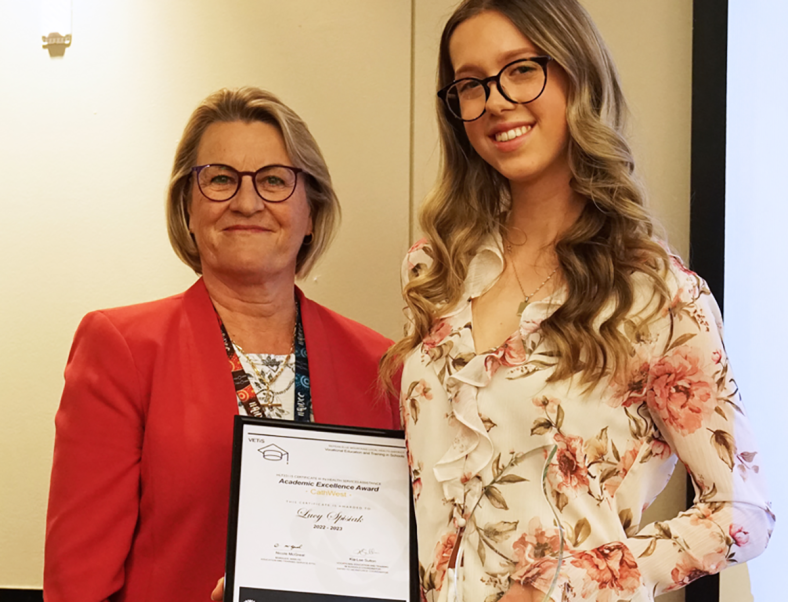On National Close the Gap Day, the Law Council of Australia urges all sectors of the justice system, including governments, to urgently work together to close the justice gap faced by First Nations peoples and implement the recommendations now made in countless Royal Commissions and inquiries on Aboriginal deaths in custody and over-incarceration rates.
The Law Council calls for the Justice Policy Partnership announced under the National Agreement on Closing the Gap to be given the mandate and resources necessary to ensure that the recommended critical legal and policy reforms across all jurisdictions are implemented.
“It is now more important than ever to grapple with what Closing the Gap will mean in practice, because whether as accused people, offenders or victims, outcomes for First Nations peoples in the criminal justice context clearly continue to worsen,” Law Council of Australia President, Mr Tass Liveris said.
“Closing the Gap will require building greater trust in the criminal justice system and its processes within the First Nations community. Systemic disadvantage and lack of cultural competence within the mainstream system are amongst the recognised drivers of the alarmingly high rates of First Nations people who come into contact with it.”
According to expert evidence and statistics canvassed by the Australian Law Reform Commission’s Pathways to Justice report, First Nations people fare worse at every stage of the criminal justice process compared to non-Indigenous people. They are much more likely to be questioned by police; charged by police with a criminal offence; arrested than proceeded against by summons; held on remand in prison than given bail; convicted at trial; and sentenced to imprisonment.
“Closing the Gap will require greater equality before the law amongst First Nations peoples, including a fairer enforcement of the law and a fairer application of the law at the various stages of the criminal justice process,” Mr Liveris said.
“It will also require First Nations peoples to have a greater ability to lead and participate in the development and delivery of strategies and programs within their community aimed at improving outcomes, diverting people away from the criminal justice system and reducing incarceration rates.
“This must be led by governments working in partnership with all participants in the criminal justice system. The greater inclusion of First Nations peoples and communities in these matters will help enhance First Nations community trust in the criminal justice system.”
As the Pathways to Justice report pointed out, reducing incarceration and increasing supports for Aboriginal and Torres Strait Islander peoples will in turn improve the health, social and economic outcomes for Aboriginal and Torres Strait Islander peoples.
“We need to ensure these recommendations are wholly and genuinely embraced, fully implemented and funded, as urgent and necessary. We also need to ensure that we no longer approach these recommendations in a piecemeal fashion, as this merely compounds entrenched cycles of disadvantage and undermines the measures that are taken,” Mr Liveris said.
“It is critical that as a community, we respect and protect the First Nations community’s human rights, make communities safer and reduce re-offending rates, especially amongst youth. All areas within the justice sector share a responsibility to better understand the needs of Aboriginal and Torres Strait Islander peoples and to deliver services and programs that are culturally safe and responsive to those needs.”








